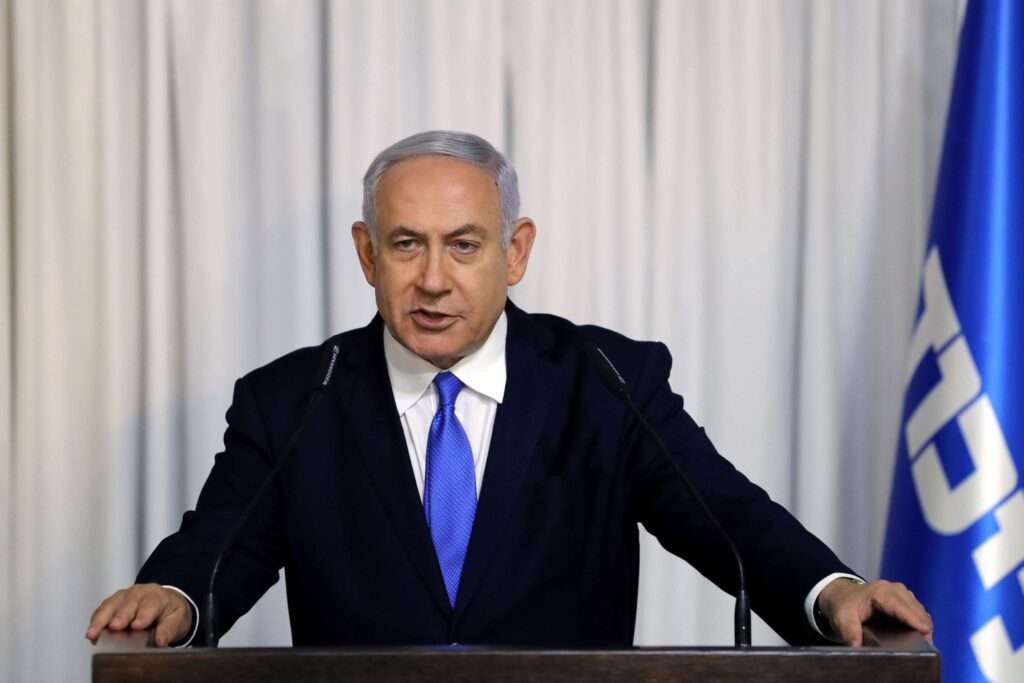UK Prime Minister Keir Starmer is under mounting pressure following his declaration that the United Kingdom could unilaterally recognise a Palestinian state by September if Israel does not act swiftly to address the worsening crisis in Gaza.
Speaking ahead of the United Nations General Assembly, Starmer said the UK is prepared to formally acknowledge Palestinian statehood unless Israel opens humanitarian corridors into Gaza, halts annexation of land in the West Bank, agrees to a lasting ceasefire, and commits to a genuine peace process within the next two months.
At the same time, Starmer added that Hamas must “immediately release all remaining Israeli hostages, sign up to a ceasefire, disarm and accept that they will play no part in the government of Gaza.”
His announcement sparked strong reactions both at home and abroad. Israeli Prime Minister Benjamin Netanyahu swiftly condemned the move, asserting that it would embolden extremist factions. “Appeasement towards jihadist terrorists always fails,” Netanyahu wrote on social media platform X, adding that the move effectively rewards “Hamas’s monstrous terrorism.”

Recognition Plan Stirs Domestic And Global Reactions
Former hostage and British-Israeli national who was held by Hamas for over a year voiced deep disapproval of the prime minister’s stance, accusing him of moral betrayal.
“Prime Minister Starmer is not standing on the right side of history. Had he been in power during World War II, would he have advocated recognition for Nazi control of occupied countries like Holland, France or Poland? This is not diplomacy — it is a moral failure. Shame on you, Prime Minister.”
British-Israeli national and former Hamas hostage
Adding to the criticism, lawyers representing the families of British hostages held in Gaza warned that the announcement could discourage Hamas from engaging in any ceasefire discussions. They argued the UK’s declaration gives the militant group an incentive to prolong the conflict.
“The UK has said that it will recognise a Palestinian state unless Israel agrees a ceasefire. But the risk is that Hamas will continue to refuse a ceasefire because if it agrees to one this would make UK recognition less likely,” the statement read.
The families urged the government to “confirm, unambiguously, that Hamas will not be rewarded and that the UK will not take any substantive steps until all the hostages are free.”
Meanwhile, Transport Secretary Heidi Alexander defended Starmer’s approach. Speaking on Wednesday, she said the decision was not about symbolism, but rather ensuring that UK recognition of a Palestinian state would come at a moment of “maximum impact.” She also rejected the idea that it would “reward Hamas.”
Starmer’s move follows similar gestures by other global leaders. In a meeting on Monday with President Donald Trump, the two discussed the dire humanitarian conditions in Gaza. However, Trump claimed their conversation did not include plans for UK recognition of Palestine.
However, Trump did not object to the UK prime minister “taking a position” on the matter, showing a more neutral stance than his earlier response to French President Emmanuel Macron’s announcement. When Macron said France would recognise Palestine at the upcoming UN gathering, Trump sharply dismissed the gesture as inconsequential.
The debate over recognising Palestine has revealed deep divisions among British policymakers, victims’ families, and international allies. While some argue that acknowledging Palestinian statehood could advance peace efforts, others insist it risks undermining justice for the victims of Hamas violence.
Starmer, navigating these complex tensions, remains firm that his government intends to push for a credible, just, and long-term solution in the region. Whether recognition goes forward in September will depend on what unfolds in the coming weeks.
READ ALSO: National Security Tactics Under Public Scrutiny Amid Bekwai Forestry Raid























